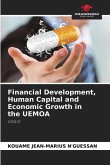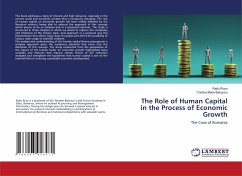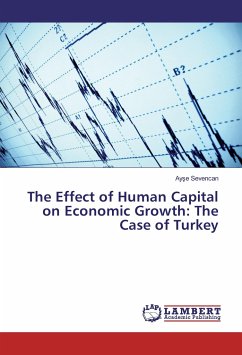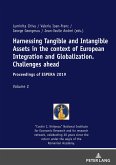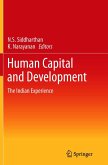This book presents a thorough economic analysis of both the determinants and the consequences of international differences in schooling quality. It is shown that cross-country differences in quality-adjusted human capital can account for a substantial part of the international variation in economic development. However, large increases in per-student spending over recent decades were not matched by increases in student achievement in most countries. In a simple principal-agent model, the book stresses the importance of institutional features of the schooling system such as central examinations, school autonomy, and private-sector competition. Microeconometric estimations based on data for more than a quarter of a million students reveal that international differences in these institutions, rather than differences in resources, can explain the large international differences in schooling quality.
Bitte wählen Sie Ihr Anliegen aus.
Rechnungen
Retourenschein anfordern
Bestellstatus
Storno


